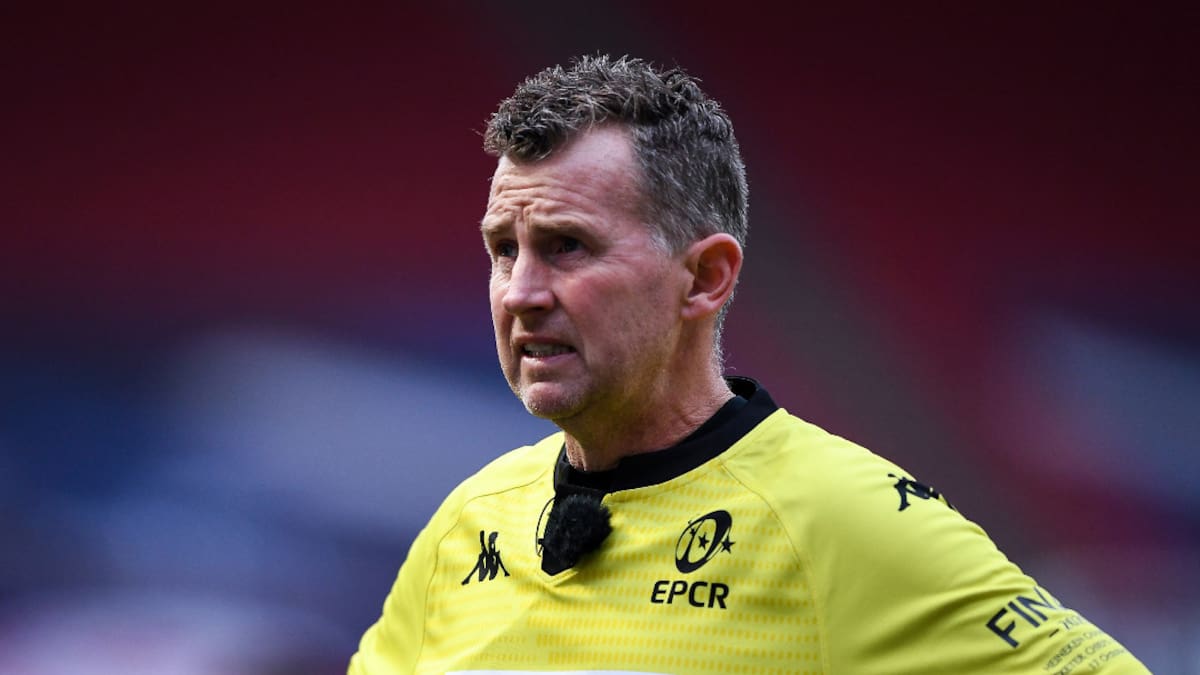Clarifications in law for the game of rugby union, as requested by unions or individuals.

www.world.rugby
Clarification 3 2022
Clarification in Law by the Designated Members of the Rugby Committee
Clarification
3-2022
Union / HP Ref Manager
NZR
Law Reference
9
Date
28 February 2022
Request
NZR seeks clarity on 2 issues:
- Law 9.17 states “a player must not tackle, charge, pull, push or grasp an opponent whose feet are off the ground”.
- Law 9.11 states “players must not do anything that is dangerous to others including leading with elbow or forearm”.
- Law 9.7 states “ a player must not intentionally infringe any law of the game”
Q.1 When a player hurdles/jumps over a tackler who is attempting to make a low legal tackle, this stops the defender from being able to tackle the ball carrier (as the ball carrier is now in the air and not able to be tackled). This seems unfair and against law 9.7 “unfair play”.
In SRP (Super Rugby Pacific) round 1 Pita Gus hurdles Aaron Smith, re lands on his feet and then dives to score
(Video of)
NZ Rugby wants to know is this legal or illegal, unfair play or unfair and dangerous play?
Q.2 In 2021, Jonny May scored by leaping/diving over a covering tackler and scoring in the corner. His dive/leap and twist allowed him to score directly in one movement.
(Video of)
NZ Rugby wants to know if this is legal/illegal, unfair play or unfair and dangerous play.
Clarification of the designated members of the Rugby Committee
A.1 We agree – jumping to hurdle a potential tackler is dangerous play, as is the act of a ball carrier jumping into a tackle. Even if no contact is made, we believe this act is in clear contravention of law 9.11, and runs contrary to the game-wide focus on player welfare.
In this specific case the sanction should be a PK against the ball carrier.
A.2 A ball carrier may dive with the ball in order to score a try, and we all agree that should be allowed. From an equity perspective, if they do so, a defender may attempt to make a safe and legal tackle on that player. As we have said above, jumping to avoid a tackle should be regarded as dangerous play and should be sanctioned accordingly,even if no contact is made.
Player welfare should remain the priority deciding factor for match officials in these very rare situations. In such instances as this rare example, which involves great player skill and dexterity, match officials have to make a judgement call as to which actions have taken place. If there is any element of dangerous play, in line with the above ruling, then a try cannot be the reward.
In principle, in a try scoring situation, if the action is deemed to be a dive forward for a try, then it should be permitted. If a player is deemed to have left the ground to avoid a tackle; or to jump, or hurdle a potential tackler, then this is dangerous play and should be sanctioned accordingly.


